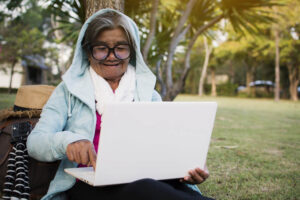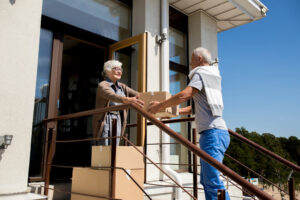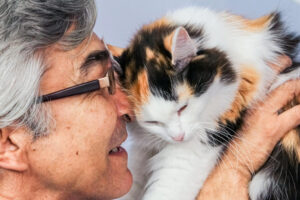High temperatures can make life uncomfortable and inconvenient for everyone, but older adults are at risk of serious health complications from extreme heat. How does hot weather affect the elderly? Here’s what you need to know about heat-related illnesses and how to prevent them.
Heat Causes Dehydration
One of the most common effects of being exposed to hot weather is dehydration. Dehydration happens when your body doesn’t have enough fluids to carry out its normal functions. The body loses fluid through sweating and evaporation. If you don’t get enough fluids to replace what you lose, you’ll get dehydrated.
People of all ages can experience dehydration, but it can be more serious for older adults because it may cause serious complications such as fainting, nausea, and increased heartbeat. Ensure your loved one has enough water during the day when it’s hot outside. You can also keep low-calorie electrolyte powder on hand to help them rehydrate faster. Avoid overly sweet sports drinks, soda, and juices, but encourage your loved one to flavor their water with lemon or cucumber for increased variety.
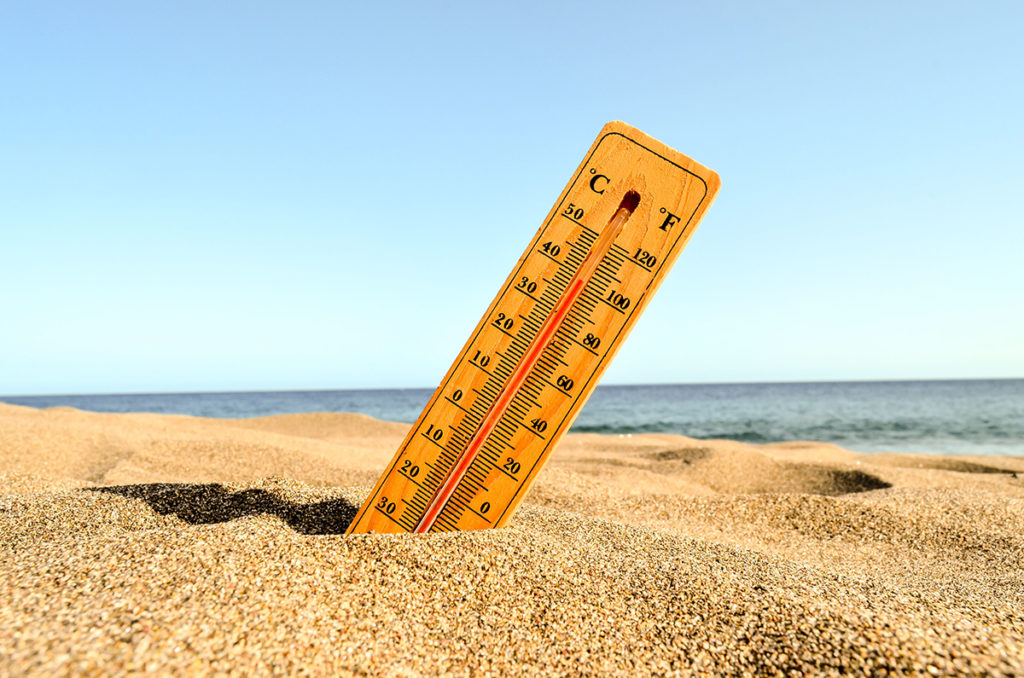
Heat Can Make Older Adults Dizzy
Older adults should not go outside in the hottest part of the day because even a little bit of exposure to heat can cause problems. One of the first effects of very hot weather on the elderly that you might notice is dizziness.
Doctors refer to heat-induced dizziness as heat syncope. People who are active in hot weather and not wearing protective clothing are more likely to feel lightheaded and faint. If your loved one takes blood pressure medication, they may be at even higher risk.
Keep your loved one out of the heat whenever possible. Cool down the car before you drive, use air conditioning at home, and take sun-blocking umbrellas, portable fans, and misters with you to outdoor events to keep your loved one comfortable.
Heat Exposure Can Irritate Skin
Older adults often have sensitive skin, and exposure to direct sunlight on a hot day can cause a rash. Talk to your loved one about this possibility so they understand the importance of dressing appropriately for hot weather. Help them choose lighter fabrics in pale colors that cover their shoulders, arms, and legs. Encourage them to always wear a hat when they’re outside in the sun.
Exercising in the Heat Can Cause Cramps and Swelling
One surprising way that hot weather affects the elderly is by causing muscle cramps and swelling. When people are active in hot weather, their muscles tire faster. Sometimes blood flow is impacted by hot weather, and swelling occurs in the ankles or feet.
If your loved one lives independently and enjoys walking, jogging, doing yard work, or gardening during the day, make sure they know what to do if they feel a heat-induced cramp in their legs or back. They should stop what they’re doing immediately, get into a cooler place, drink water, and put their legs up to reduce swelling.
Hot Weather Can Lead to Heat Exhaustion and Heat Stroke
Heat exhaustion in elderly people can be life-threatening if left untreated because it can quickly develop into heat stroke. Any of the previously mentioned effects of hot weather can be early warning signs of heat exhaustion, a condition when your body is not able to keep itself cool enough to function properly.
How To Recognize Symptoms of Heat Exhaustion and Heat Stroke
One of the most important things you can do when it comes to heat and the elderly is to learn the symptoms of heat exhaustion and heat stroke. Heat exhaustion is your body’s way of warning you that a more serious consequence may be on the way if you don’t cool down. Symptoms of heat exhaustion include:
- Feeling dizzy, weak, or nauseous
- Sweating profusely
- Having damp, clammy skin
Heat stroke is a life-threatening condition that requires immediate medical attention. Here are some indications that your loved one may be experiencing this dangerous condition:
- Body temperature over 103 degrees
- Rapid pulse
- Sudden change in behavior (such as combativeness, delirium, and confusion)
- Dry, hot skin with no visible sweat
- Loss of consciousness
To help a loved one suffering from heat stroke or heat exhaustion, remove their clothing, cool them off with cold compresses, give them sips of cool water, and take them to a hospital or call 911.
What Temperature Is Too Hot for the Elderly?
Many older adults enjoy the warmer months of the year, but what temperature is too hot for the elderly? Experts suggest that when daily temperatures are above 80 degrees, older adults need to take proactive measures to stay cool.
If the temperature is over 90 outside, your loved one should stay inside in the air conditioning or go somewhere that is cool. Read the weather forecast with your loved one and help them plan their day around staying out of the heat.
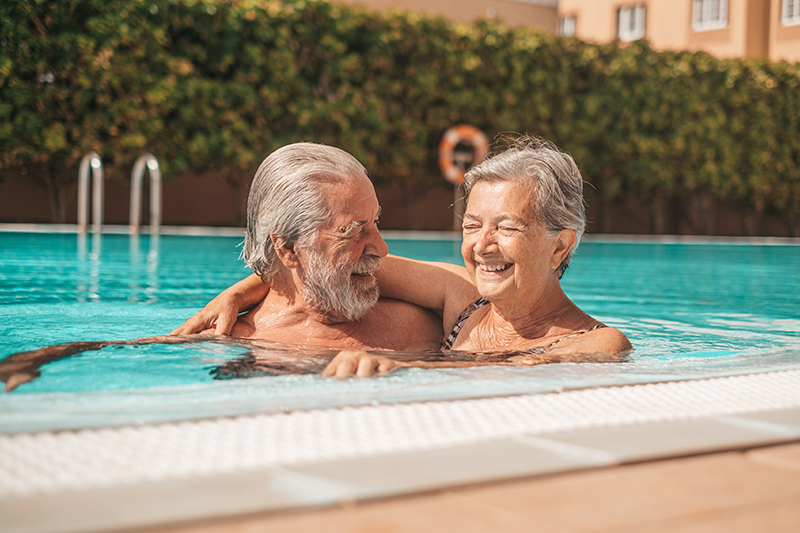
How To Keep Older Adults Safe in Hot Weather
Your loved one can’t stay inside all the time, so it’s important to help them stay safe in hot weather. Help them prepare for the heat by having broad-spectrum sunscreen on hand as well as protective clothing, a wide-brimmed hat, sunglasses, and reusable water bottles or stay-cold canteens. Cooling snacks like watermelon, low-sugar popsicles, and cucumber are also a good idea.
Understanding How Very Hot Weather Affects the Elderly
Whether you’re providing daily care for an older adult or you want to ensure a loved one’s safety, it’s important to understand how very hot weather affects the elderly. Effects such as heat rash and swelling may seem minor at first, but if ignored, they can quickly lead to heat exhaustion and possible heat stroke.
Keep your loved ones safe by reminding them to stay in cool places during the hottest parts of the day, drink plenty of fluids, wear protective clothing, and rest in the shade when necessary. If you and your loved one are looking for better ways to navigate health issues and coordinate care, schedule a visit to one of our communities to discover the benefits of dignified assisted living.
Sources:
https://www.cdc.gov/nceh/features/extremeheat/index.html
https://www.healthinaging.org/tools-and-tips/tip-sheet-hot-weather-safety-tips-older-adults
https://www.nia.nih.gov/health/hot-weather-safety-older-adults
https://www.aplaceformom.com/caregiver-resources/articles/tips-to-avoid-heat-stroke
















